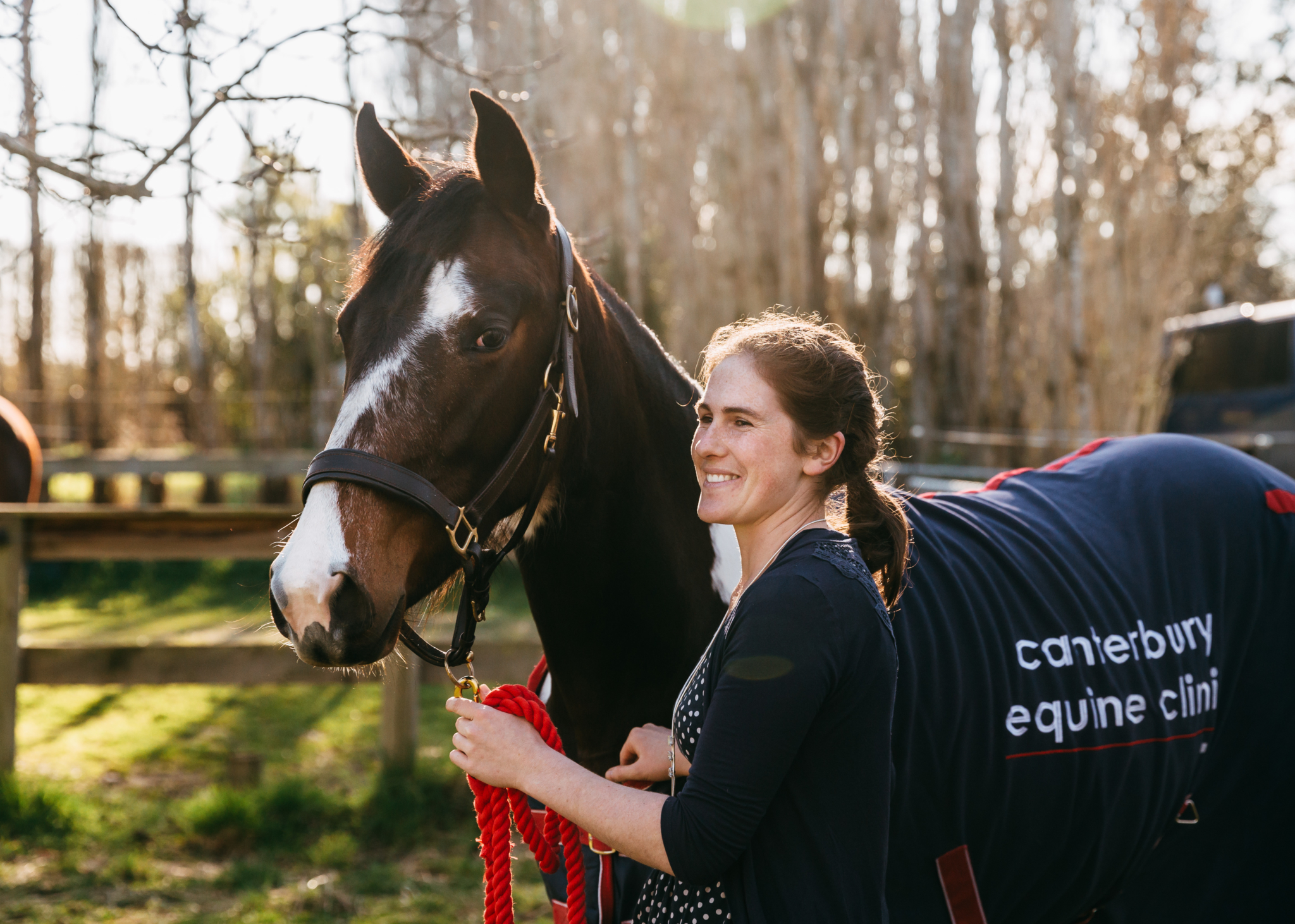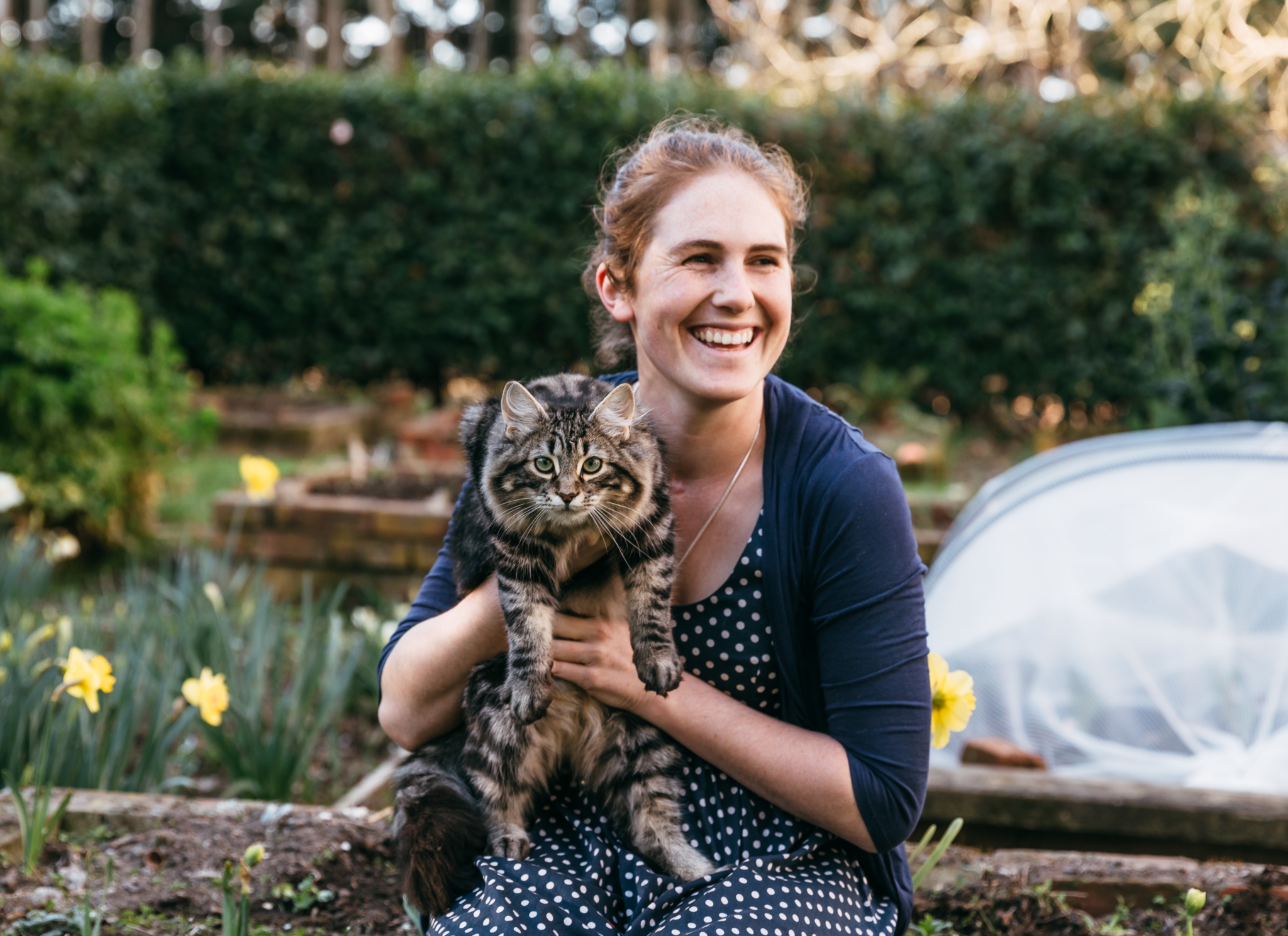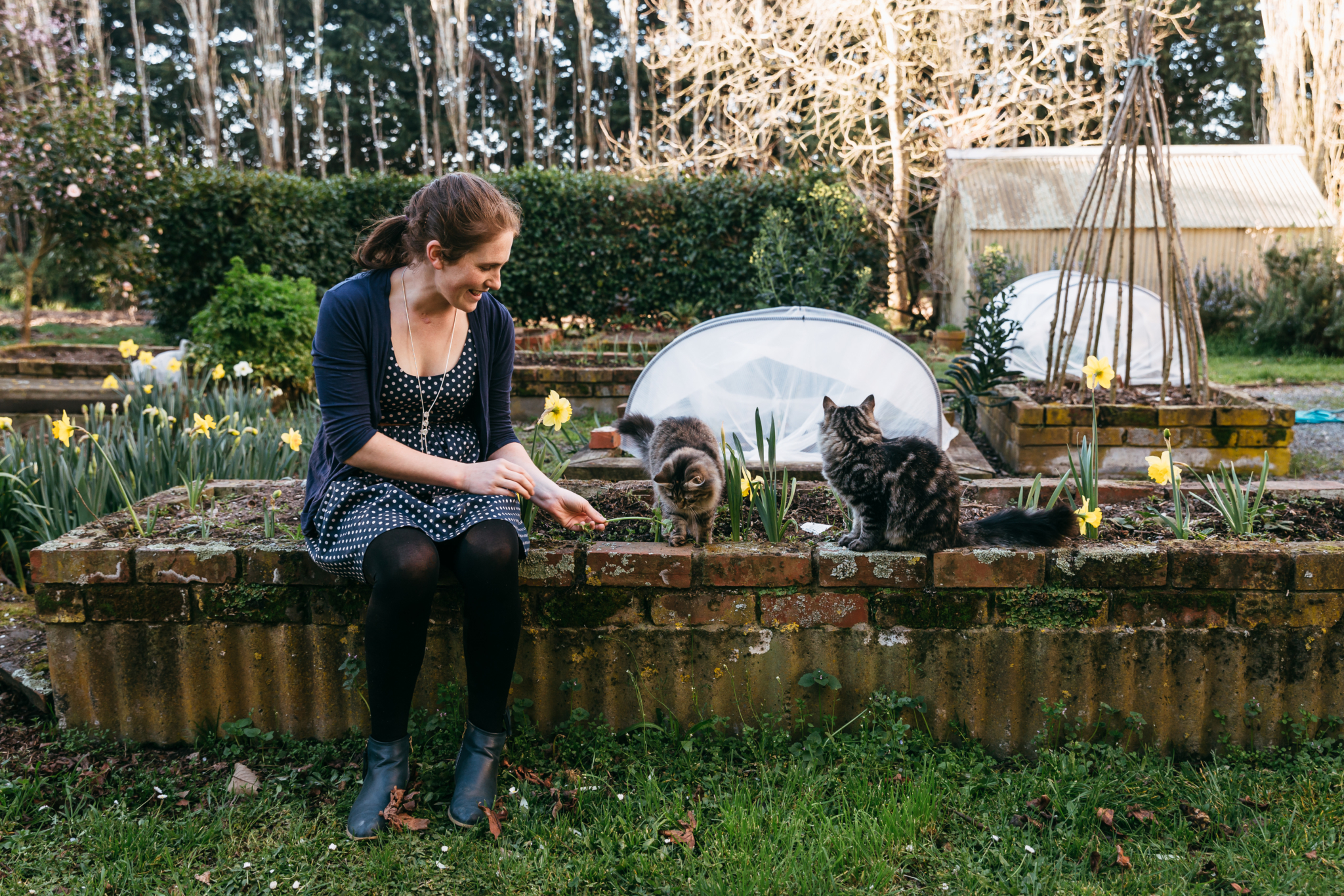If you put in the work, it will pay off
Before my injury, I usually had up to four horses in full competition work, was studying at ARA to become an Architectural Technician and was doing some hours teaching every week (both the kids from the pony club and some local adults on their horses too).
I was usually very busy which I found rewarding.

My accident
I was riding one of my horses, when she slipped over on the 14th of January 2017. I had a diffuse axonal brain injury and was in a coma for over a month. My Glasgow Coma Score (GCS score) was 3/15. I was in Intensive Care Unit (ICU), then transferred to Ward 28 at Christchurch Hospital. I was then transferred to Laura Fergusson for Brain injury Rehabilitation, on 6th March 2017. I was discharged back home on 15th June 2017.
When I first had my accident, my speech was slurred for a long time. I worked hard to make it not slurred, so I could be understood the first time I said something and not need to repeat it. We did a lot of practice going out into the community, going to malls and out to cafes for lunch.
Initially, I was told I wasn’t allowed to eat anything because I couldn’t swallow properly. I had to go in my wheelchair for a videofluoroscopy (an x-ray of swallowing). Over time, I improved and they told me I could start to eat and drink again.
Physically, I was in a bed and couldn’t move much. I was in a tilt in space chair and I couldn’t sit vertically for any time. I then moved to a wheelchair. I had to learn to walk again and I needed to sit down a lot. I practiced a lot walking slowly around Jellie Park with the rehab assistants. Then I progressed to crutches. Once back home and I improved more, I could stop using the crutch and walk again.
My cognitive skills when I get tired, slow down. I need to be very aware of this and be mindful that if I am tired, I won’t make the best decisions. I never agree to do anything when I’m tired, cos I know I might regret it. I wouldn’t arrange to meet someone or agree to do things when I’m tired.
My vision is not very good if I am tired. It does get better in time.
I had lots of intensive input when I was in the Rehab Unit at Laura Fergusson.
Community rehab programme
Since being home, I have been under an intensive Training for Independence programme through the Laura Fergusson Community Rehabilitation team, which consists of Speech Language Therapy, Occupational Therapy, Physiotherapy, Psychology, and Rehabilitation Coach support. I have had ongoing issues since my accident with fatigue, memory and managing my emotions.
With Speech-Language Therapy (SLT) help at home, I focused on my return to study. I had help to meet with tutors at ARA before I started, to attend classes and get my assignments done. I completed my course and ended up graduating at the Town Hall. Now I am working and my SLT helped meet a business owner and I have started work experience.
My Occupational Therapist (OT) introduced me to the bus system to get around. I hated it at first but I know I can now do it, even though I don’t enjoy using the bus. I also started lots of new hobbies like knitting, gardening and crocheting.
My Physiotherapist (PT) started with a lot of work at home but we progressed to then going to the swimming pool. There were lots of assessments. I’ve done a lot of core strength and balance work. All along it has been about running, and I can now run fast enough to trot my little horse which is exciting and I’m taking the little horse to a show soon. I’ve had to buy a jacket, skirt and hat!
My Psychologist helped me manage my mood and emotions, as well as helping me accept and adjust to what has happened.
My Rehab Coach helped support my therapy programme and gave me extra practice.

My recovery
I will be forever grateful to everybody who has helped me, all the staff in hospital, the people who helped me at Laura Fergusson, and then all of my rehab team at home, who have been helping me since I was discharged. I hope that all of these people know how grateful I am.
I have worked hard in my recovery. If you put the work in, it will pay off. I think you need to play to your own strengths. Do the exercises as they don’t tell you to do it for fun, they tell you to do it because it will help! Be honest with yourself if you get tired and need a rest.

My advice
My advice to anyone in this situation is to take your time and get familiar with your ‘new’ life. There are ups and downs along the way. There will be things about this ‘new’ life that you will be able to accept and make work, but there will be other things that you won’t be able to accept. I found that the moment you make this decision, it becomes clear what you need to do to. Whether I could change these situations myself, or I needed to ask for assistance from someone else, or perhaps there was no way to change things and it becomes about acceptance. This is where your power is and will always be.